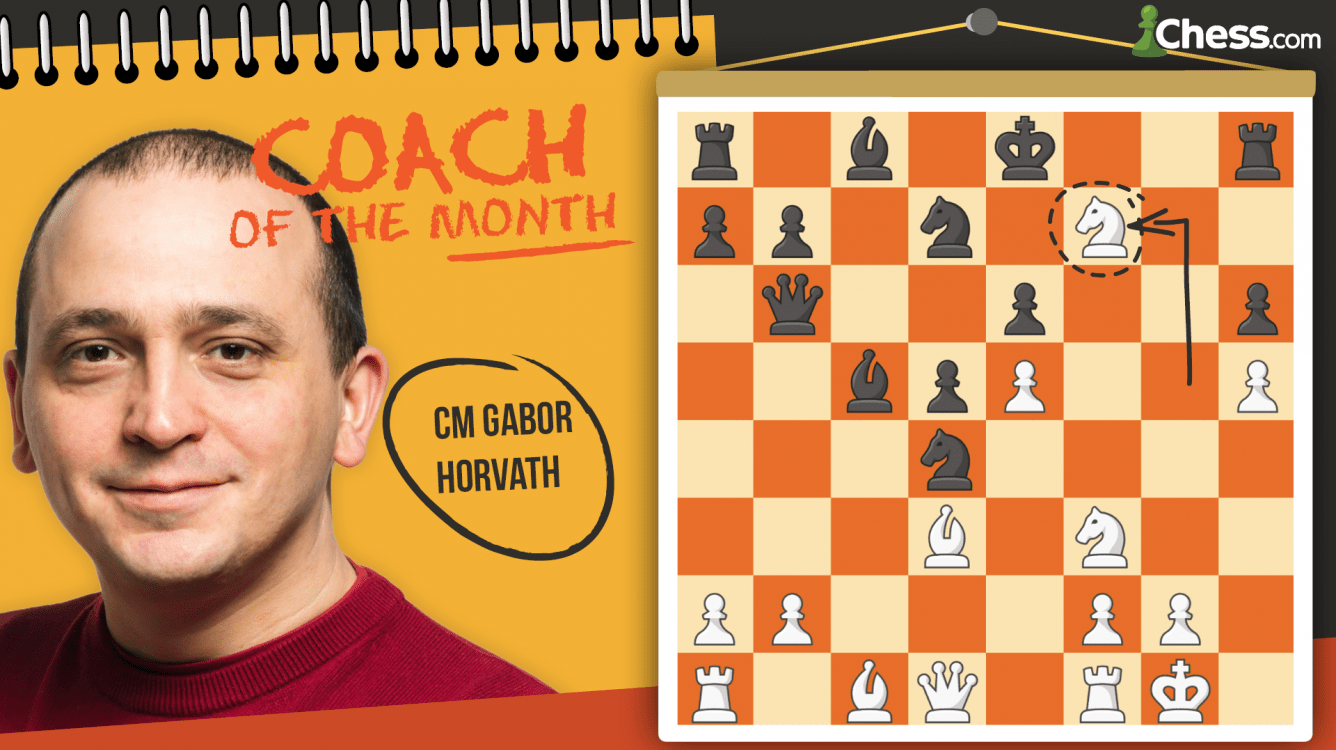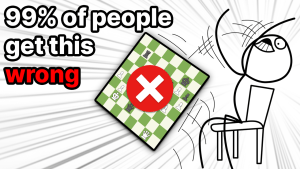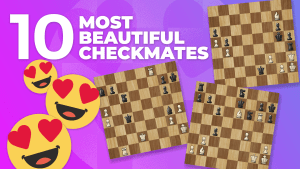
Coach Of The Month: CM Gabor Horvath
Chess.com's newest Coach of the Month is CM Gabor Horvath! Gabor is a much-acclaimed coach on Chess.com with numerous enthusiastic testimonials on his profile. He is also a top blogger who regularly shares some of the most instructive blog content available on Chess.com.
Readers seeking private instruction can contact Gabor Horvath via his Chess.com profile (@GaborHorvath) and can find other skilled coaches at Chess.com/coaches.
Interview with Gabor:
Chess.com: At what age were you introduced to chess, and who introduced you?
I learned chess from my father when I was six. He was a reasonably strong amateur, and he was my only regular opponent for the first several years of my chess career.
What is your first vivid memory from chess?
I saw the game Judit Polgar vs. Pavlina Chilingirova in a newspaper, and the finishing queen sacrifice really fascinated me. It was played at the 28th Olympiad in Thessaloniki, where 12-year-old Judit Polgar made 12½ points out of 13 and achieved a 2694 Elo performance.
A few days later I was playing against my father, and I got the chance to use the exact same tactical motif: a queen sac on f8, bishop check on h6, and checkmate with the rook on e8. At the time finding such a combination was way above my level, so I was really proud of it. Of course, it was just simple pattern recognition, but I thought I was a genius.
Which coaches were helpful in your chess career, and what was the most useful knowledge they imparted to you?
I had the fortune of learning from two heavyweight professional coaches, IM Béla Molnár and IM Gyula Mészáros. They both gave lectures in our club, and I also had one-on-one lessons with IM Mészáros.
IM Béla Molnár also coached the future grandmasters Gábor Papp, Gyula Pap, Krisztián Szabó, and IM Anna Rudolf. IM Gyula Mészáros was the coach for junior world champions Tamás Fodor and Ferenc Berkes. Both are also grandmasters now.
The most valuable things I learned from my coaches were:
- the importance of studying endgames and the classics
- how to apply the principles of chess in my thinking
The stuff I learned from them is actually very similar to the advice I found in the books of Mark Dvoretsky and Artur Yusupov which is kind of reassuring. ![]()
Which game do you consider your masterpiece?
I have a few memorable games against titled players, like my win against IM Béla Molnár (it is always special when you beat your coach for the first time!), IM Tibor Károlyi, GM Luke McShane (OK, it was only a simul game, but still, he is a super-grandmaster!), and IM Alan Merry.
All those games are far from perfect though, so if have to choose one which can be considered flawless (if there is such thing at all), then I will pick my win against Mel O’Cinneide:
How would you describe your approach to chess coaching?
My highest priority is to make sure that my students understand and apply the principles of chess because this is the foundation of further improvement. I also find that this is what most of my students desperately need, and usually we have to start that work from ground zero.
The tricky thing about chess principles is that they sound deceptively simple. You hear them once, and you think you are done with them, because you understand the concept, but this is actually not enough. You need to practice how to apply them by solving specific exercises until they become second nature to you. It is a bit like building muscle memory in physical sports.
I put a lot of emphasis on solving studies and learning endgames because they are tremendously useful to improve the thinking processes and problem-solving abilities of the student.
As I am also a big fan of IM Mark Dvoretsky, I follow his advice and try to make my lessons as exercise-centered as possible, keeping passive learning to a minimum.
What do you consider your responsibilities as a coach, and which responsibilities fall on your student?
My responsibility is 1) to provide my student with quality training material which is tailored to their level and individual needs and 2) to make them train actively. The responsibility of the student is to use the material and solve the exercises. There is no point in having a chess coach if you only try to soak up knowledge passively. You can do that by reading books and watching videos. A chess coach is like a personal fitness trainer: He makes YOU work hard. ![]()
What advice do you give your students that you think more chess players could benefit from?
Study endgames and solve studies regularly! Don’t neglect them thinking that you will never get such positions in a practical game because this is not the point. Solving endgame problems will make you a better player overall. As Artur Yusupov puts it:
I also believe in the interactive effect of endgame study. It makes easier to judge and use the potential of the pieces and to understand their interaction. So not only our endgame technique but also our intuition and positional understanding are refined. In the endgame, plans must be found all the time — so it sharpens our strategic eye as well.
What is your favorite teaching game that users might not have seen?
I use a lot of classical games, but they are all well known, so I will show one of my own games. It is not a particularly brilliant one, but I find it very useful when teaching positional chess because there is hardly anything to calculate with Black. It is all about principles and piece improvement.
What puzzle do you give students that tells the most about how they think?
I prefer to use a set of puzzles and complete games for that because I don’t think that one single puzzle tells you much. You can measure some specific skills with one puzzle, though. For example, I like to use this one to test visualization skills:
It is White to move and checkmate in twelve. Every move is a check, and Black has hardly any choices so it is very straightforward. I can even tell you the first move: It is 1.Qxc7+. The challenge is to calculate the whole thing without moving the pieces and to remember at all times where the pieces are.
Some people struggle at move five, but I also had a 10-year-old girl who could see everything and solved the exercise in a few minutes.
Do you prefer to teach online or offline? What do you think is different about teaching online?
I prefer to teach online because there is no need to set up the pieces, and I have access to all my training materials at any time.
What do you consider the most valuable training tool that the internet provides?
The tools that help you learn openings using the flash-card concept. They are still in their infancy, so they don’t really fulfill their purpose yet, but I expect a major breakthrough in this area soon. I have been experimenting a lot with Chess Position Trainer recently (true, this is actually a software, not an internet tool), and after some trial and error, I think I have finally figured out how to use it effectively.
Which underappreciated chess book should every chess player read?
I would recommend "Chess Training for Candidate Masters" by Alexander Kalinin. Even if you are not a Candidate Master, you will find it useful to familiarize yourself with the philosophy of the Russian chess school.
Prior coach of the month winners:


